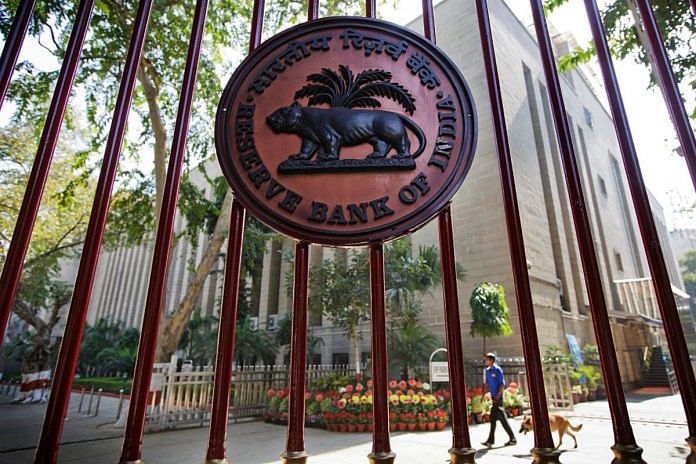Transfer of surplus funds has been a flashpoint between the Modi govt and the central bank in recent weeks.
The board of India’s central bank will meet on Monday to consider easing rules governing transfer of surplus funds to the government as well as liberalizing norms for weak banks to boost lending in the economy, people with knowledge of the matter said.
The Reserve Bank of India will also review rules on capital and risk weight for Indian banks which are considered more stringent than the Basel guidelines. Other proposals on the agenda include restructuring of loans upto 250 million rupees ($3.5 million) availed by micro, small and medium enterprises.
The transfer of surplus reserves has been a flash point between the government and the central bank in the recent weeks and Monday’s meeting could see government-nominated members on the Reserve Bank of India board clashing with Governor Urjit Patel who heads the board. While the government wants additional funds to boost spending on road, ports and country’s poor, central bank Deputy Governor Viral Acharya warned in a speech recently that such a move will undermine RBI’s independence and will attract the wrath of the markets.
Finance Ministry spokesman D.S. Malik declined to comment while a spokesman of RBI was not immediately available for a comment.
The central bank may be open to easing tight financial conditions prevailing in the banking sector, including by injecting cash through open market purchases of bonds, according to people familiar with the matter. It is averse to parting with the reserves as some of these are notional, or relax capital adequacy norms for lenders, they added.
Apart from the reserves transfer, the central bank’s prescription for capital adequacy ratio, a measure of a bank’s financial strength, of 9 percent is also a thorny issue between the two. The government feels the norms are very stringent compared with global standards and cite the Bank of International Settlements’ 8 percent.
The RBI placed 11 state-run lenders under the so-called prompt corrective action framework, a move that effectively shut down their lending, branch network expansion and dividend distribution.
-Bloomberg




Many would wish to see the “ roads and ports “ built out of the oil bonanza of close to twelve trillion in the last few years. India’s sovereign credit rating is delicately poised just above junk. Fitch has kept it there for twelve years. Adventurism of any sort is better avoided.